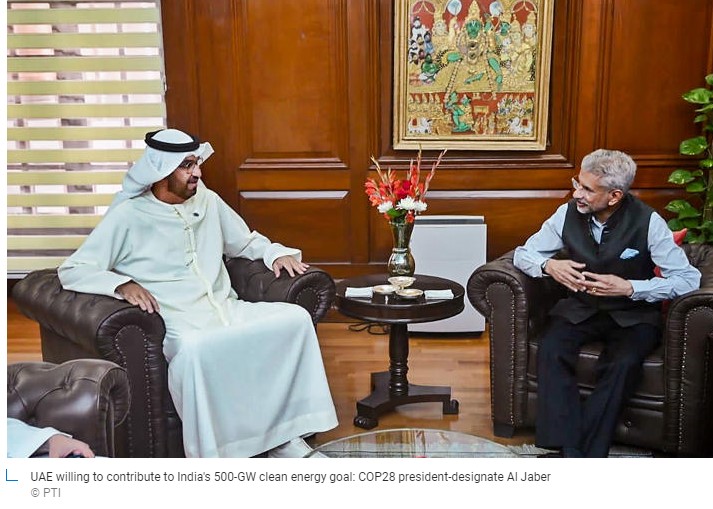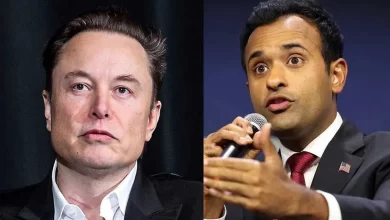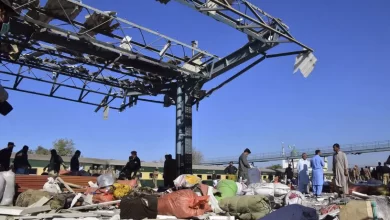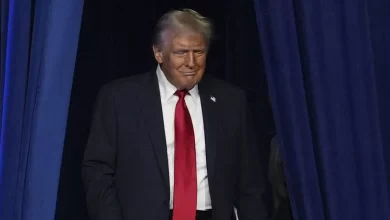UAE willing to contribute to India’s 500-GW clean energy goal: COP28 president-designate Al Jaber

The UAE will explore all opportunities of partnership with India to contribute to New Delhi’s high-growth-low-carbon pathway, Sultan Al Jaber, the COP28 president-designate, said on Wednesday.
He also said the goal of limiting the global temperature increase to 1.5 degrees Celsius above pre-industrial level is “just non-negotiable”.
Al Jaber said India is on its way to becoming the third largest economy in the world and this makes it one of the largest consumers of energy. As such, India’s sustainable development is critical not just for itself but for the whole world.
“India’s goal of adding 500 gigawatt of clean energy in next seven years is a true and a powerful statement of intent. As one of the largest investors in renewable energy, the UAE and Masdar (renewable energy investing firm) will explore all opportunities of partnership with India to contribute to its high-growth-low-carbon pathway,” he said.
At COP26 at Glasgow in November 2021, Prime Minister Narendra Modi had announced that India will take its non-fossil energy capacity to 500 GW by 2030. At present, the country has an installed renewable energy capacity of 175 GW.
As India takes forward its G20 presidency, the UAE supports its focus on transformative action on a cleaner, greener and bluer future with just and sustainable development for all, Al Jaber said.
At COP28 to be held in Dubai in November, he said, the UAE will aim to unite all parties around inclusive and transformational progress.
“One thing is absolutely clear. Keeping the goal of 1.5 (degrees Celsius) alive is just non-negotiable. And, it is also clear that we cannot continue business as usual. It simply won’t get us there,” the UAE’s climate envoy said at the World Sustainable Development Summit (WSDS) organised by The Energy and Resources Institute (TERI)here.
“We need a true, comprehensive paradigm shift in our approach to adaptation, mitigation, finance and loss and damage,” he said.
Keeping the goal of 1.5 degrees Celsius alive means taking action to reduce greenhouse gas emissions to limit global warming to 1.5 degrees Celsius from the pre-industrial level and prevent the worst impacts of climate change.
“We need to rapidly build the clean energy systems of tomorrow while making the energy systems of today much cleaner. We triple renewable energy, double hydrogen production, expand nuclear power, improve battery storage, scale up and commercialise carbon capture,” he said.
Al Jaber stressed the need to accelerate an energy transition that leaves no one behind, “particularly the 800 million people across the Global South who have no access to energy”.
He said there is a need to transform food systems that account for one-third of global emissions. “Embrace agritech to feed a growing planet on a limited carbon budget and enhance water use so that everyone has access to safe, clean drinking water.”
At COP28, he said, transforming our food and water systems will be given the same attention as transitioning energy and industrial systems.
“COP28 must conclude the Global Goal on Adaptation and finalise agreement around doubling adaptation finance. TERI has been at the forefront of pushing for this goal, which will help protect vulnerable communities across the Global South,” Al Jaber said.
He asserted that the step change in the progress requires a lot of capital. “Not just billions, we need trillions.”
“We must make sure that this capital is available, accessible and affordable to those who need it,” the COP28 president-designate said.
“A key enabler will be the reform of the international financial institutions and multilateral development banks. We must mobilise much more concessional finance to unlock more private sector capital and target investments where they are needed most. As such, scaling and accelerating climate finance will be one of the key goals of the COP28 Presidency,” he said.
Rich countries have repeatedly failed to mobilise USD 100 billion every year, a promise they made in 2009, to help developing countries cope with climate change.
Developing countries, including India, have been pushing developed countries to agree to a new global climate finance target — also known as the New Collective Quantified Goal on climate finance — which they say should be in trillions as the costs of addressing and adapting to climate change have grown.







